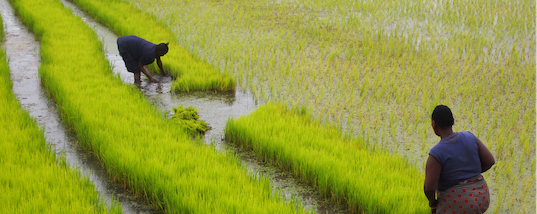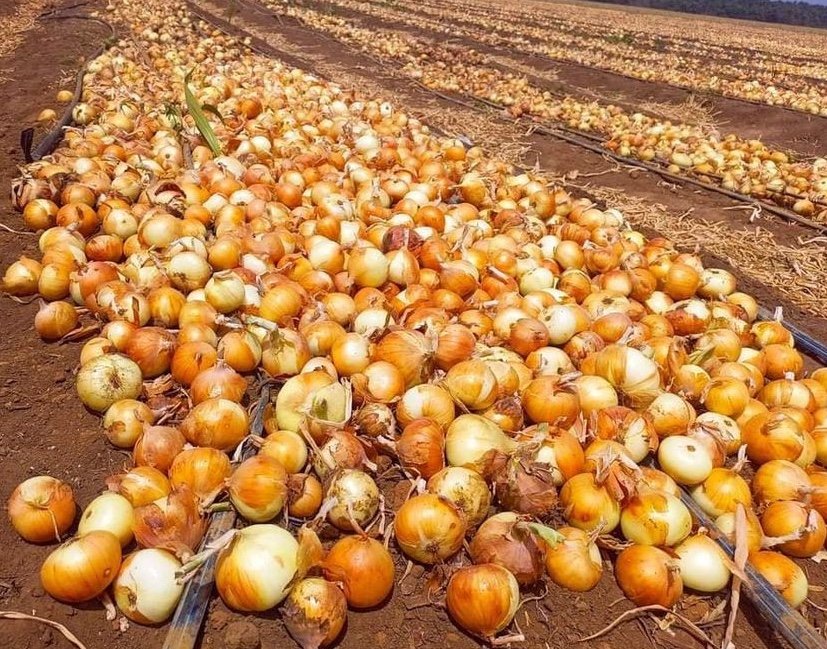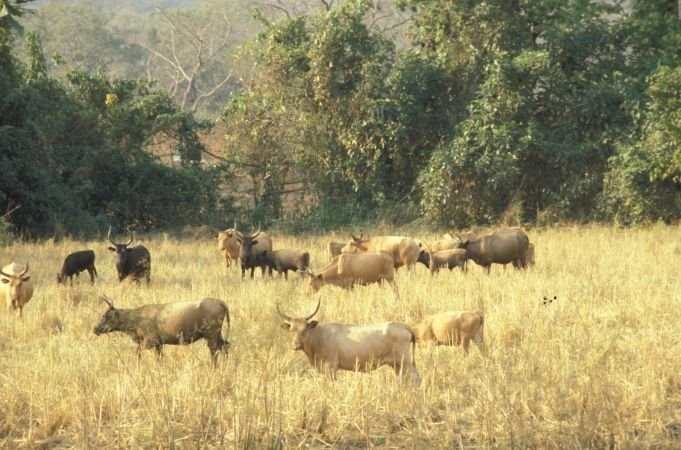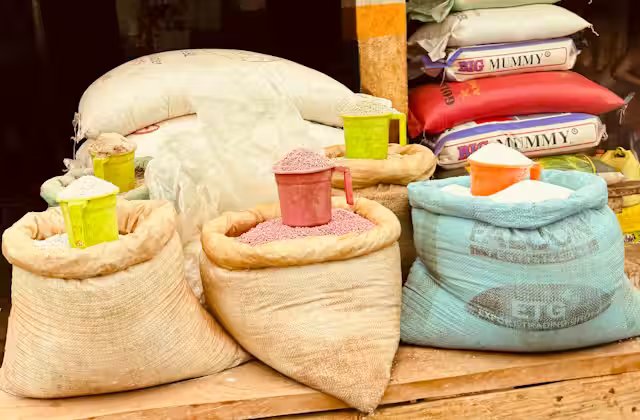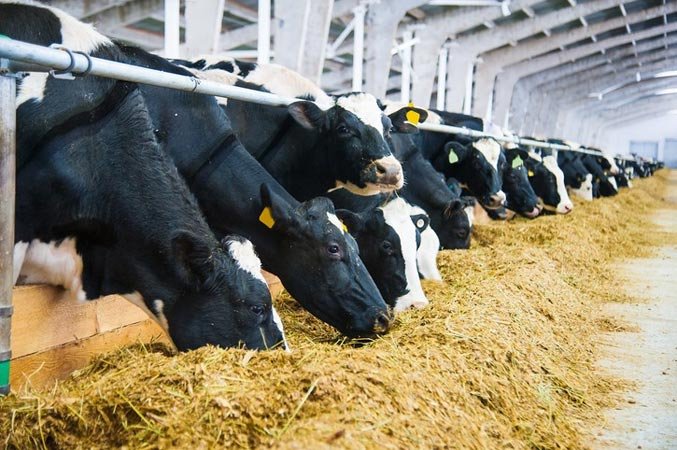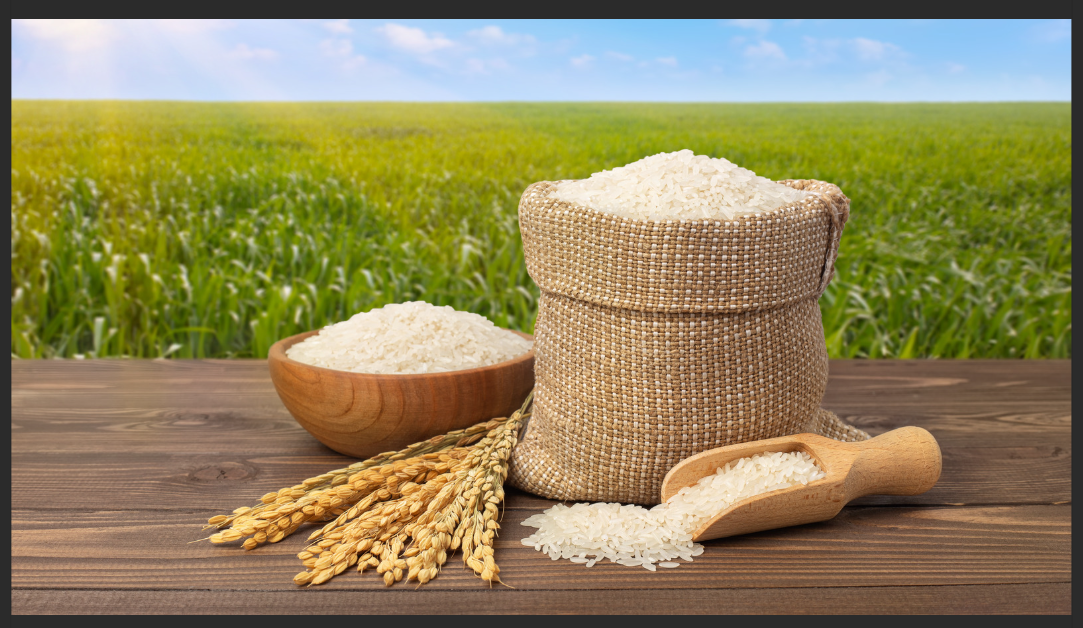Hope Rises on Livestock in Falaba
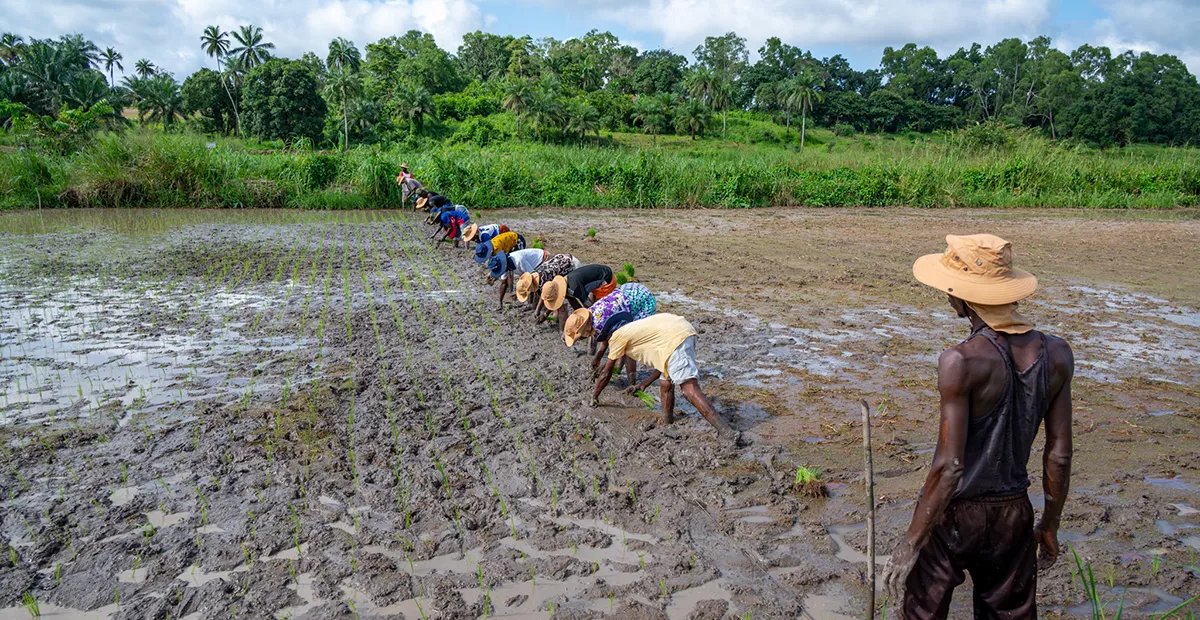 Youth Farming
Youth Farming
Mercy Ships Australia in partnership with the World Food Programme (WFP) and the Food and Agriculture Organization (FAO) is to roll out a Sustainable Agriculture and Livestock Project in Falaba District, Sierra Leone.
Agreement for the business project valued at 1 million Australian dollars (approximately USD 650,000), was recently formalized in Freetown. It highlights a collaborative approach to tackling some of the region's most pressing agricultural and social challenges.
The project plans to cultivate 50 hectares of inland valley swamps for rice production and the introduction of improved livestock breeds expected to enhance productivity and profitability for local farmers. The project also plans agronomic training targeting over 500 women, the initiative aspires to empower female farmers with the necessary skills and knowledge to thrive in their agricultural endeavors.
The primary objective of this initiative, FS sources hinted, is to mitigate resource-based conflicts that have historically torn apart cattle herders and crop farmers in the area. “By promoting sustainable agricultural practices and improving livestock livelihoods, the project seeks to foster a harmonious coexistence by developing cooperative frameworks among farmers and herders. A particular emphasis is placed on empowering women, recognizing their role not only as agricultural producers but as crucial drivers of community well-being”.
“This ambitious project underscores a collaborative framework between Mercy Ships, WFP, FAO, and the Government of Sierra Leone, pooling resources and expertise to lay the foundation for sustainable and prosperous development in the country. The long-term vision not only seeks immediate relief from food insecurity but also establishes a model for other regions facing similar challenges”.
Andrew Bate, Chief Operating Officer of Mercy Ships Australia,said that the project is an essential part of his organization’s mission to improve community health by tackling the root causes of malnutrition and food insecurity. This, underscore the interwoven nature of health, nutrition, and agricultural practices, emphasizing that improving food security is a critical pathway to enhancing overall community health.
Saeed Bancie Country Representative of the Food and Agriculture Organization (FAO) in Freetown echoed the project’s importance,“This marks the beginning of a comprehensive effort to improve both agricultural and livestock sectors in the district.” His emphasis on a thorough strategy indicates a long-term vision that extends beyond immediate agricultural needs.
In line with Sierra Leone’s Feed Salone strategy and the global Zero Hunger mission spearheaded by WFP and FAO, this initiative is poised to make a transformative impact. As part of the broader plan, FS was hinted that the project will plant 10,000 economic trees and develop solar-powered boreholes. These developments will not only provide reliable water sources for both agricultural and domestic purposes but will also contribute to ecological restoration and sustainable land management.
Creating women-led cooperatives is another cornerstone of the initiative. By fostering these groups, Mercy Ships aims to enhance economic empowerment amongst women, ensuring they have access to resources, training, and networks necessary to succeed. Such targeted training programs will help the most vulnerable populations leverage the project’s benefits effectively, creating a ripple effect of economic growth within the district.
Yvonne Forsen, WFP Country Director, expressed her enthusiasm for the partnership, noting that the collaboration underscores the vital role of food and nutrition in fostering healthier, more productive communities. By focusing on multi-dimensional approaches to food security, the initiative recognizes that lasting change often requires a holistic view of community needs.
Through targeted efforts to empower women and enhance sustainable practices, Mercy Ships Australia, alongside its esteemed partners, is setting a precedent in Falaba District for agricultural resilience and improved livelihoods for local communities—a future where food insecurity becomes a relic of the past, and communities thrive in harmony with their environment.
18/12/2024

